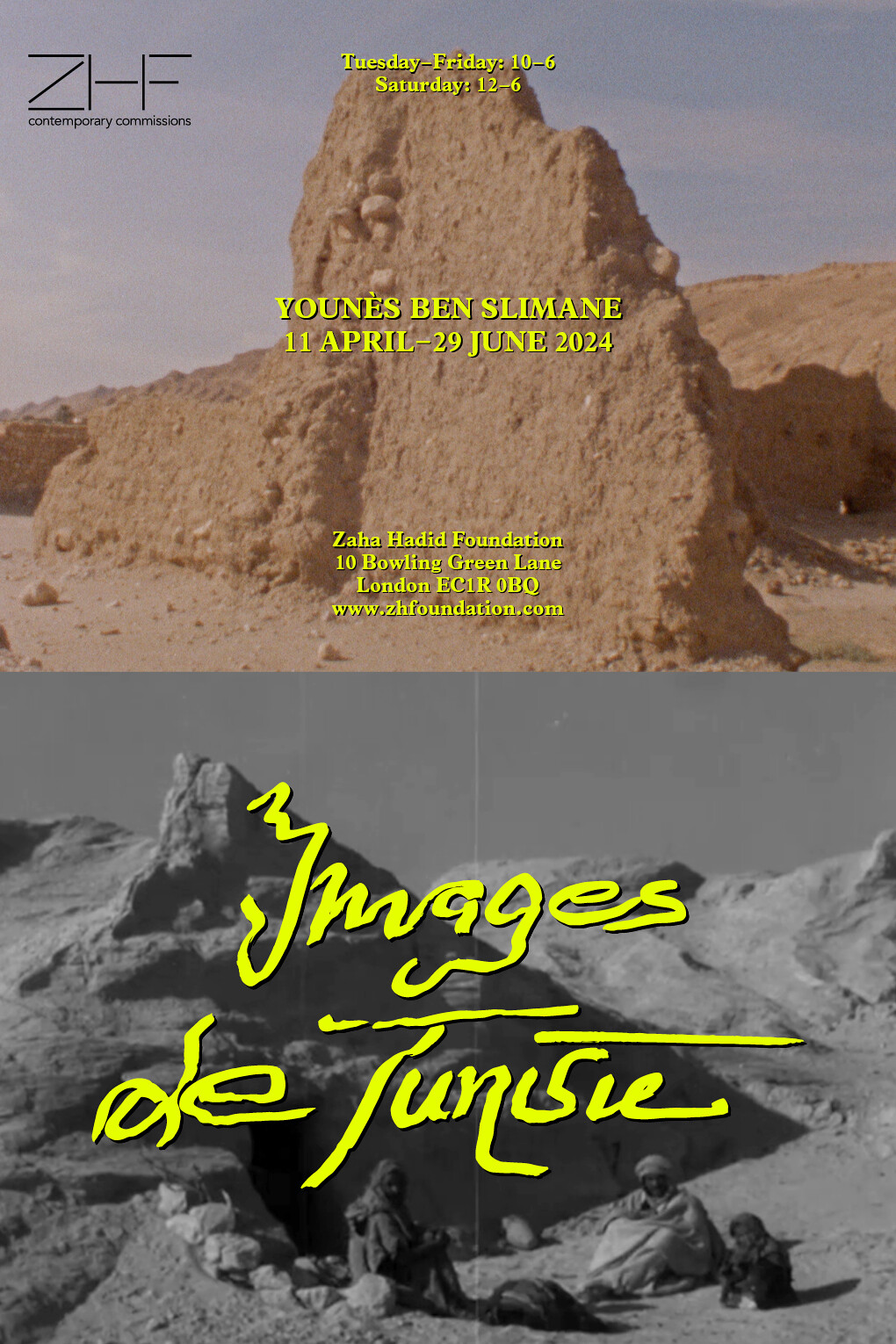Stephen G. Rhodes
The Law of the Unknown Neighbor: Inferno Romanticized
February 9–April 21, 2013
Opening: February 8, 2013, 6–8pm
Migros Museum für Gegenwartskunst
Limmatstrasse 270
CH-8005 Zürich, Switzerland
Hours:
Tuesday, Wednesday, Friday 11–6pm;
Thursday 11–8pm; Saturday, Sunday 10–5pm
The sprawling installations of the American artist Stephen G. Rhodes (b. Houston, 1977; lives and works in Berlin and New Orleans) combine a variety of media and are based on historical and cultural sources. Rhodes creates distinctive restless and elliptical systems in which he addresses issues such as repression and trauma. The Migros Museum für Gegenwartskunst presents The Law of the Unknown Neighbor: Inferno Romanticized, the artist’s first solo show at a European art institution.
The visualization of history plays a central role in the work of Stephen G. Rhodes. His use of the “factual” amounts to a critical misappropriation—nothing is ever only about what it is about. For his installation The Law of the Unknown Neighbor: Inferno Romanticized, Rhodes draws on the famous “Lecture on Serpent Ritual: A Travel Report” Aby Warburg (1866–1929) delivered in 1923 at the Bellevue psychiatric hospital in Kreuzlingen, where he was a patient. Warburg examined the serpent ritual of the Hopi in the perspectives of art history, religious studies, and anthropology. His observations pay particular attention to the serpent as a lightning symbol. Generalizing from the serpent as embodying the equivocation of fear and reason, of deathly menace and healing power, Warburg develops the concept of an underlying polarity that, he argues, is discernible in any symbol. But Rhodes is interested in more than just the lecture’s content; he also considers its genesis and the historical context: in the late nineteenth century—around the time of Warburg’s trip to the American southwest, where he attends the Hopi serpent ritual as an observer—the expulsion and genocide of the native American population, which has been going on throughout the nineteenth century, is gradually coming to an end. In 1921, Warburg, suffering from a bipolar disorder, was compelled to repair to the Bellevue sanatorium in Kreuzlingen. The psychiatrist Ludwig Binswanger believed that Warburg’s work on his scholarly endeavors had “therapeutic potential” as part of his stay at the hospital; preparing the lecture, in particular, would be a sort of “healing process.” Rhodes also explores Warburg’s “Library for the Study of Culture,” which had to be relocated from Hamburg to London in 1933—shortly after Warburg’s death—to save the books from the National Socialists.
The Law of the Unknown Neighbor: Inferno Romanticized consists of a labyrinthine arrangement of furniture objects such as hospital curtains and the shelves of a library. Rhodes also projects short looped sequences onto walls and curtains—a form of presentation that may be seen as drawing on the tradition of expanded cinema. As Rhodes puts it: “In my work, [the loop] extends […] echoing in some cases onto the two-dimensional works, and of course in the choreography of the narration and citation, the storytelling.” The consequent lack of control and command on the artist’s part also points to the issue of trauma, a central theme in Rhodes’s art. In the artist’s view, it constitutes a form of historiography distinguished by its nonlinear character.
Curated by Raphael Gygax, Curator Migros Museum für Gegenwartskunst
Director of the Museum: Heike Munder




